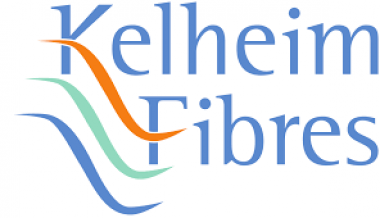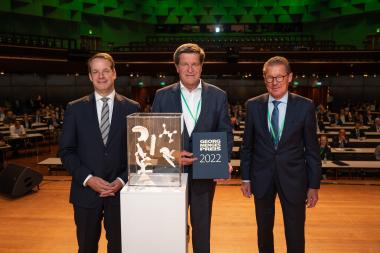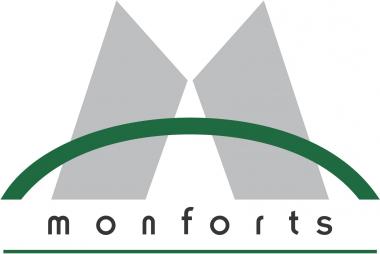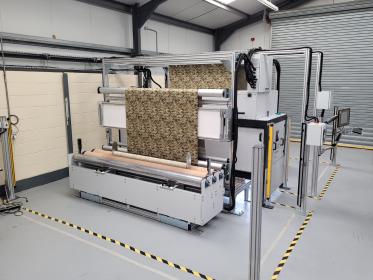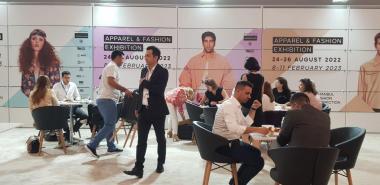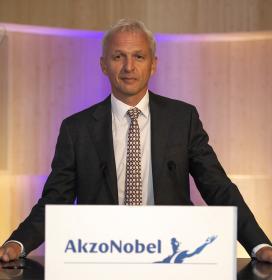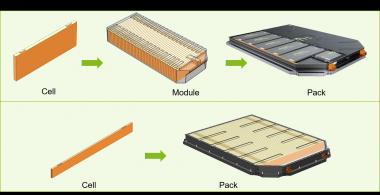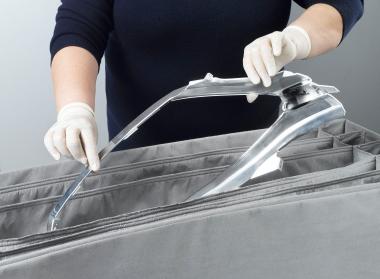YesAnd & Kornit Digital: Customizable On-Demand Printing Collaboration with Fashinnovation
Sustainable fashion brands YesAnd & Kornit Digital are teaming up with the global platform fostering innovation in the fashion industry, Fashinnovation. This month, the three like-minded companies will be unveiling a direct-to-garment printing collaboration.
YesAnd & Kornit Digital are (e)co-creating digital, on-demand printed certified organic blank merchandise, with graphic designs by artists, celebrities, influencers, musicians, fashion VIPs, NGO’s and more. Sharing core values of fashion & innovation & non-toxic, zero-waste production, and the fusion of technology to accelerate impact, this launch represents a cutting-edge and sustainable solution that’s accessible, traceable, customizable, and scalable. By joining forces, this collaboration will educate, engage, and activate both consumers and industry alike.
"We at Fashinnovation have a strong belief that the fashion industry must walk side-by-side with innovation, in order to ensure a sustainable future. We are thrilled for this collaboration with YesAnd and Kornit, as we hope to set an example when it comes to the power of unity. In our minds, it's not about a person's wins, but rather it's about our collective progress," said Jordana & Marcelo Guimaraes, Founders of Fashinnovation.
Debuting the first of their brand collaborations with farm-to-print organic merchandise, this collaboration will together minimize waste, water, chemical use, and energy, while celebrating climate action, manufacturing efficiencies, and sustainable innovation—representing a true and timely fashion statement. The brands will be debuting their select blank styles of digitally-printed designs from the initial capsule collection—including the YesAnd Frida Hoodie, Gloria Hoodie Tee, Dominique Tee, and the Samata Dress, with a graphic option aligning the missions of YesAnd, Fashinnovation and Kornit Digital, “Don’t Wear Clothes, Wear Change.”
Kornit Digital












